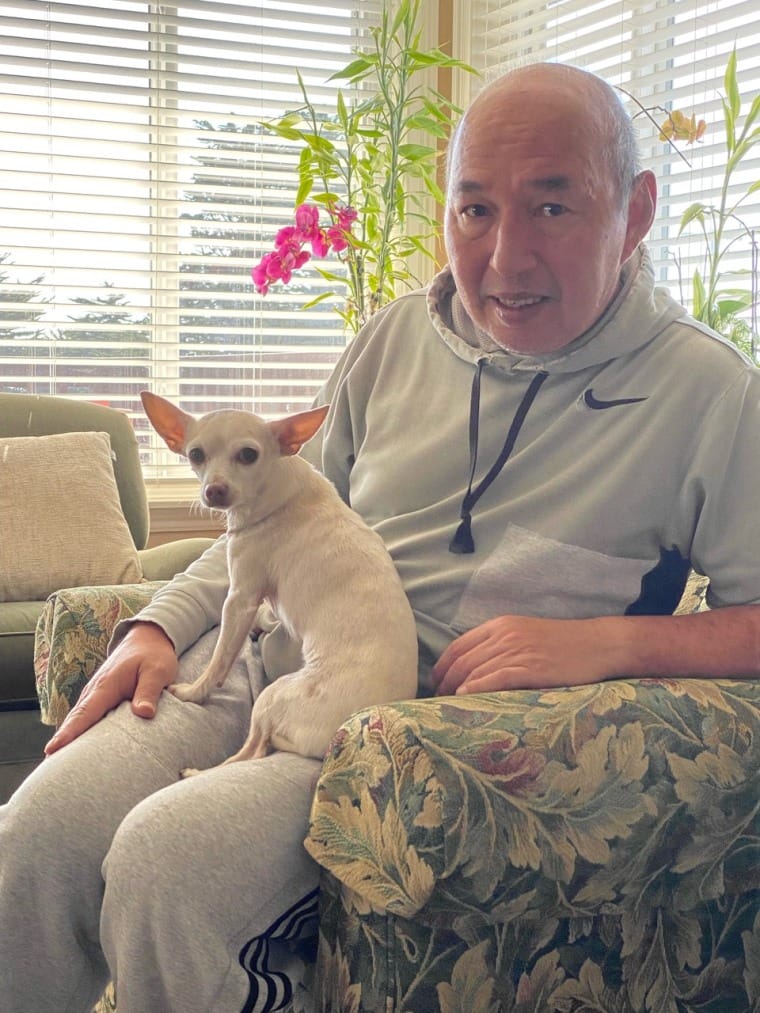Adopting an older dog can be an incredibly rewarding experience, offering a unique bond built on a foundation of calm companionship and gratitude. While puppies are undeniably charming, senior dogs possess a quiet wisdom and a gentle nature that many find particularly appealing. These seasoned canine citizens often come with their own histories, and opening your heart and home to one can provide them with a comfortable and loving retirement, while enriching your life in profound ways. This guide explores the many joys and practical considerations of adopting a senior dog, aiming to help you make an informed decision about welcoming a wise companion into your life.
Why Choose a Senior Dog?
The decision to adopt a pet is significant, and when considering a canine companion, the benefits of choosing a senior dog are numerous. Unlike puppies who require constant supervision, extensive training, and can be a whirlwind of energy, senior dogs typically have a more settled demeanor. They are often already house-trained, past the destructive chewing phase, and understand basic commands. This makes the transition into a new home smoother for both the dog and the adopter. Furthermore, senior dogs are less likely to suffer from separation anxiety compared to younger dogs, making them ideal for individuals or families with busy schedules. The gratitude and love a senior dog offers are unparalleled; they seem to understand that they’ve been given a second chance, and their loyalty often runs deep.
Understanding the Needs of a Senior Dog
As dogs age, their needs change, much like humans. Understanding these evolving requirements is crucial for providing them with the best possible quality of life.
Health Considerations
Senior dogs, generally considered to be around 7 years and older depending on breed and size, are more prone to age-related health issues. These can include arthritis, vision or hearing loss, dental problems, heart conditions, and kidney disease. It is essential to maintain regular veterinary check-ups to catch any potential problems early and manage them effectively. Discussing your dog’s specific needs with your veterinarian will help you develop a proactive health plan, which may include dietary adjustments, supplements, or medication.
Nutritional Requirements
A senior dog’s diet should be tailored to their changing metabolism and activity levels. Lower-calorie formulas may be necessary to prevent weight gain, while increased fiber can aid digestion. Foods rich in antioxidants, omega-3 fatty acids, and glucosamine can support joint health and cognitive function. Always consult with your veterinarian before making significant changes to your dog’s diet to ensure it meets their specific nutritional needs.
Exercise and Mental Stimulation
While senior dogs may not have the stamina for long, strenuous activities, they still require regular, moderate exercise to maintain muscle mass, joint flexibility, and cardiovascular health. Short, gentle walks multiple times a day are often ideal. Mental stimulation is equally important; puzzle toys, gentle training sessions, and interactive play can keep their minds sharp and prevent boredom. Engaging with your senior dog in activities they enjoy will strengthen your bond and contribute to their overall well-being.
Finding the Right Senior Dog for You
When looking to adopt a senior dog, consider visiting local animal shelters and rescue organizations. Many of these facilities have dedicated programs for senior pets, and their staff can provide valuable insights into the dogs’ temperaments, histories, and specific needs. Think about your lifestyle and living situation. A very active senior might thrive in a home with a fenced yard and owners who enjoy leisurely strolls, while a calmer dog might be content in a quieter environment. Don’t shy away from dogs with minor health issues; often, these conditions are manageable, and these dogs are frequently overlooked in shelters.
If you’re considering a dog that is already past its youthful prime, explore resources that can guide you through the process. Understanding what age a dog is considered senior or learning about good small dogs for seniors can help you find a companion that perfectly matches your needs and lifestyle. Organizations focusing on older dog rehoming near me can also be invaluable in your search for a seasoned furry friend.
The Adoption Process and Transition
The adoption process for a senior dog is similar to that of a younger dog, often involving an application, an interview, and a home visit. Be prepared to answer questions about your experience with dogs, your living situation, and your commitment to providing a stable home. Once you bring your senior dog home, give them time to adjust. Create a quiet, comfortable space for them and introduce them gradually to new routines, people, and other pets. Patience and understanding are key during this transition period.
Conclusion: A Rewarding Companionship
Adopting a senior dog is a selfless act that offers immense rewards. You are providing a loving home to an animal who deserves comfort and companionship in their golden years. The quiet presence, unwavering loyalty, and gentle affection of a senior dog can bring a unique sense of peace and fulfillment to your life. While they may move a little slower, their capacity for love is as boundless as ever. By opening your home to a senior dog, you are not just saving a life; you are gaining a wise, devoted, and grateful friend who will fill your days with quiet joy.

